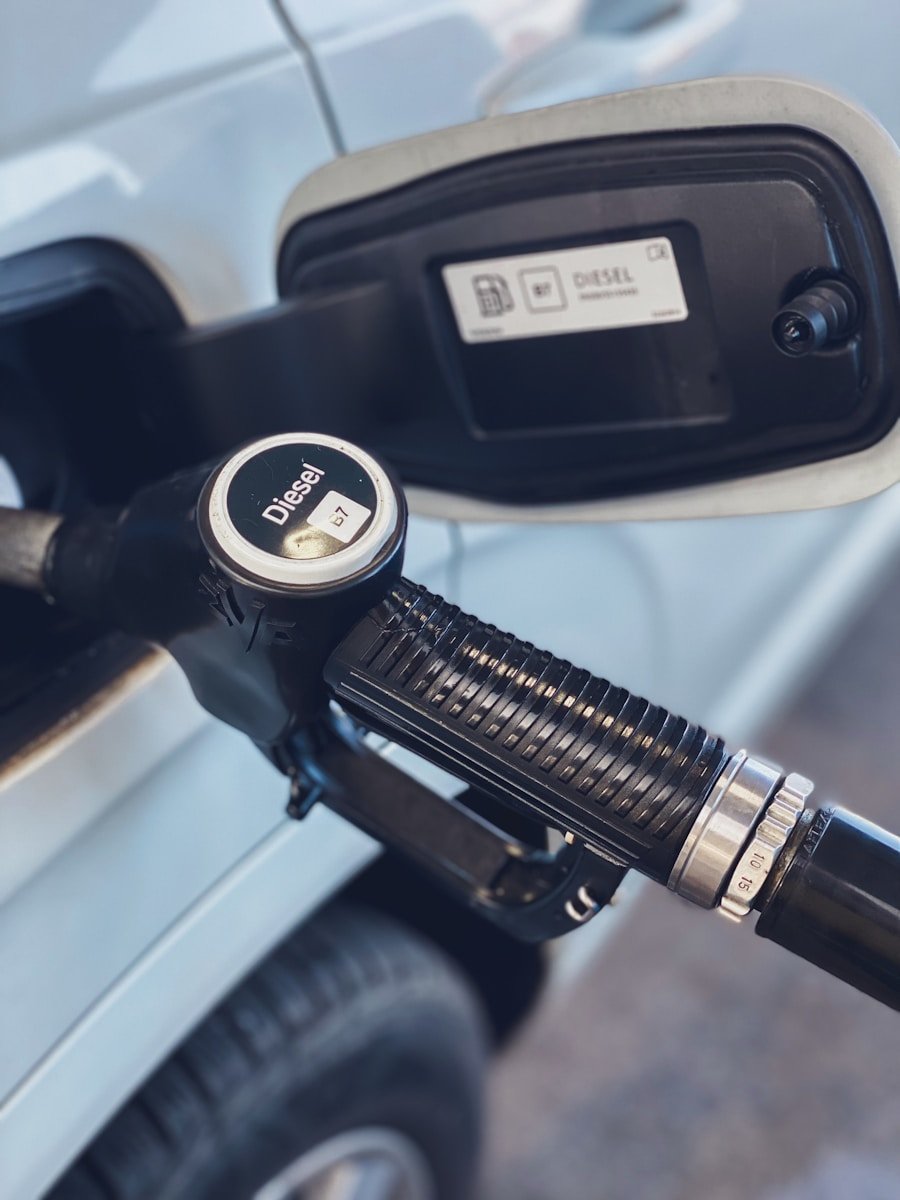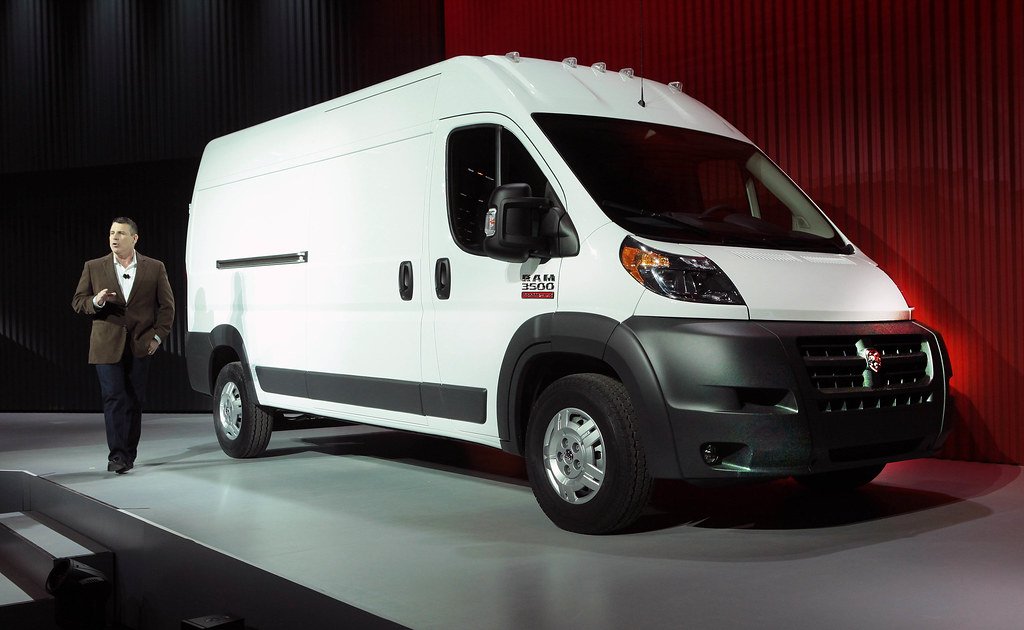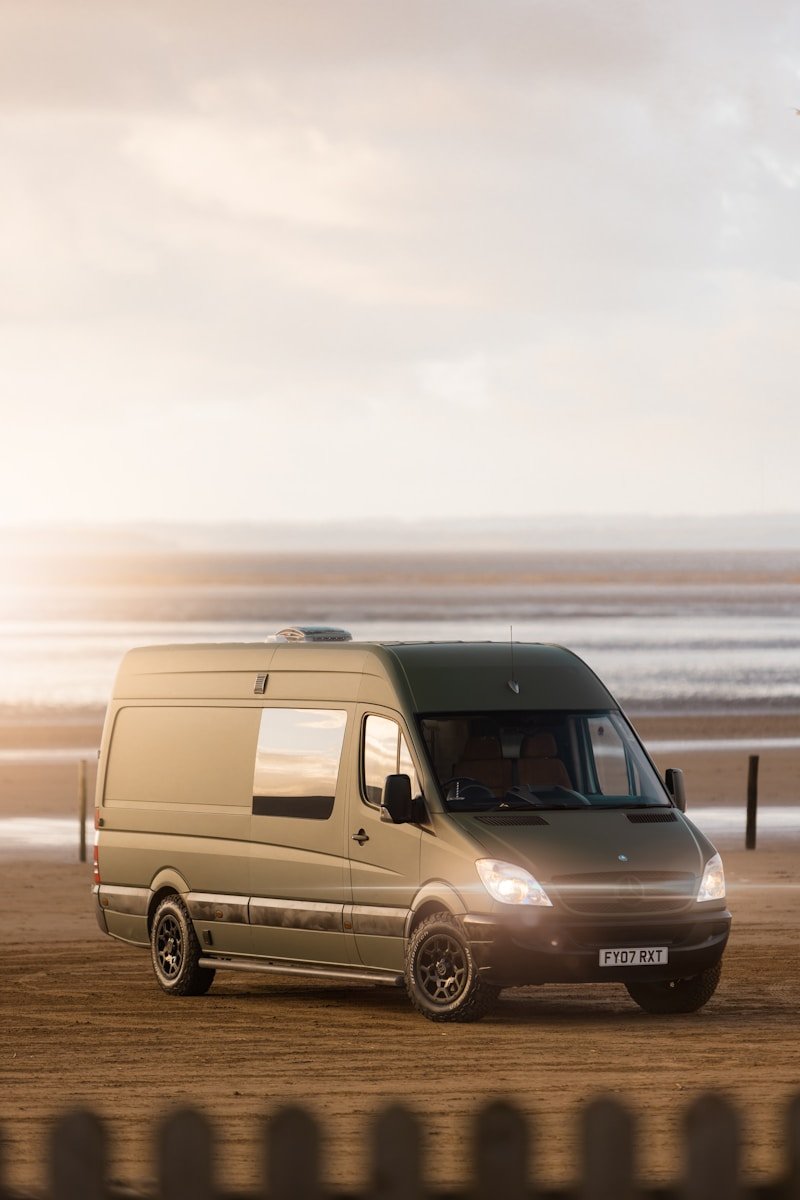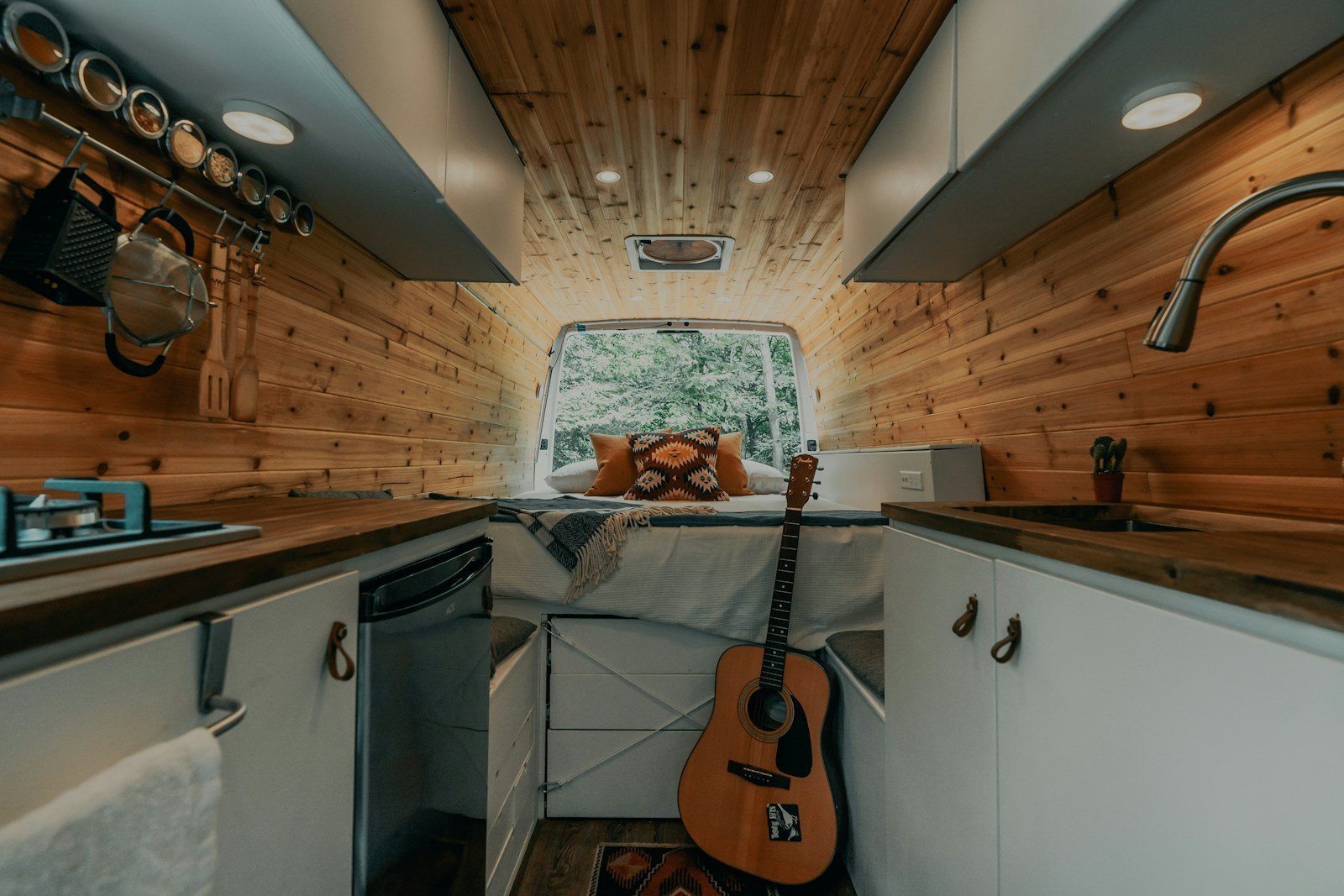Have you ever dreamt of trading the 9-to-5 grind for the open road?
Do you crave the thrill of adventure and the freedom to roam wherever your heart desires? Then, my friend, van life might be calling your name.
But before you embark on this extraordinary odyssey, there’s a crucial decision to be made…
Selecting the best vans for van life! Fear not, for this guide will be your compass, navigating you through the world of vans best suited for van life.
The most accessible and popular vans for van life are the Ford Transit (ideally, the Transit 350) and the Dodge Ram ProMaster (ideally, the ProMaster 3500). The Mercedes Sprinter is also a classic, but it’ll definitely set you back WAY more than the previous two. Now, you’ll also need to decide on the body style of your camper van and most importantly… What type of fuel you’ll be using (or energy source). That’s all coming up in this quintessential guide to van life.
Table of Contents
Diesel vs Gasoline vs Hybrid

This is THE most important decision you’ll need to make before selecting your van’s make.
Diesel
There are ALL SORTS of mixed opinions when it comes to diesel…
The environmentalists demonize it. Fuel-efficiency and reliability enthusiasts commend it. But, what’s the truth about diesel powered vans in 2024 (and diesel in general)?
Well, believe it or not diesel is now MORE enviromentally firendly than gasoline (thanks to DEF).
Also, diesel isn’t cheaper than gasoline anymore (that changed around 2004).
In terms of fuel-efficiency, it’s true that traditional diesel vehicles can get up to 35% more mileage per gallon than the gasoline equivalent.
That’s especially true if you’ll be doing lots of highway driving!
However, you’ll need to keep in mind the MANY disadvantages of owning a diesel van…
- Diesel particulate filter (DPF): it filters soot particles, but it can cost you 5000$+ to replace if you don’t keep it clean
- Diesel exhaust fluid (DEF): it transforms diesel emissions into harmless gases, but it isn’t cheap (if you forget to fill it up, your vehicle will be running in “limp mode” until you do)
- High maintenance costs: each major part on a diesel vehicle can cost you at least 1,000$ (I had 3,000$ worth of repairs to do on one of mine after purchase)
- The cost of diesel: it doesn’t seem to be going down anytime soon
So yeh, modern diesels (2010 onwards) are equipped with these emmissions compliance systems which not only reduces their fuel-efficiency, but also their overall lifespan.
Your diesel might still last you 500,000+ KM, but that’s only if you take GREAT care of it.
Is it worth it to get a diesel van for van life in 2024? Only if you do LOTS of travelling and little city driving.
Gasoline
Although the price of gasoline has been quite volatile in the last couple of years, it still remains the most accessible type of fuel and the cost relatively low when compared to diesel.
But, if we factor in fuel efficiency… We can say that gasoline and diesel probably cost around the same.
Now, after reading the previous section on diesel vans, you might be thinking that the main advantage of gasoline powered vehicles is the absence of particulate filters. Well, you’re WRONG!
Since 2018, even gasoline powered vehicles are required to have particulate filters.
Although, it’s worth mentioning that they are more difficult to get clogged up and are less troublesome when it comes to city driving.
So, what are the main disadvantages of gasoline vans?
- Otto Particulate Filter (OPF): Like the DPF, these particulate filters will reduce your fuel efficiency and potentially damage your engine when clogged (they also cost upwards of 5,000$ to replace)
- High-maintenance costs: That’s right, even though gasoline engines are simpler, they might require more frequent maintenance and in the case of a van, the repairs are still REALLY expensive (a new transmission could cost you 8,000$+ regardless of the fuel type).
- Poor fuel economy: Although modern gasoline engines have gotten A LOT more fuel efficient, it still doesn’t compare to diesel when travelling long distances
- Less torque: If you want to haul lots of weight and potentially an additional trailer, you’ll get even poorer fuel economy when compared to diesel (diesels get LOTS of additonal torque).
So, you might have thought that gasoline vans would be your best bet for van life, but it really depends on the type of driving you’ll be doing.
Generally though, I would say gasoline vans are more versatile and more accessible for van lifers.
I recommend them more for frequent city driving and by extension; STEALTH CAMPING (aka “boondocking”).
Hybrid
Each major manufacturer now has hybrid (and even fully-electric) options when it comes to vans.
I definitely don’t recommend going fully-electric for van life, but the hybrid option is worth considering if you do lots of city driving and especially since governments are incentivizing them.
The only question… Does all of this justify the actual cost of the hybrid van?
Well, you’ll definitely be saving on gas (if you can manage to find charging stations on the road) and perhaps even be getting some tax breaks.
BUT, you’ll be paying much more money upfront and good luck finding a used hybrid van!
There are also other disadvantages…
- Particulate filters: Even if the vehicle is partly electric, you’ll still have to deal with particulate filters (and potentially replacing them down the road)
- High maintenance cost: It’s true that hybrid vehicles don’t cost more to maintain than their non-electric counterparts, but all vans (regardless of power source) are generally more expensive to maintain
- High cost of batteries: If ever you need to replace the battery, it can cost you a lot (could happen quite quickly if you’re purchasing a used hybrid van)
- Lack of accessible power stations: If you’ll be on the road, you’ll find it difficult to keep your van charged so you’ll most likely be relying on gas most of the time anyway
I also need to mention that you’re significantly more limited with hybrids when it comes to options in regards to body type.
I only recommend a hybrid if you want to minimize the wear and tear on your van if you plan on doing mostly city driving with it.
It’ll definitely increase the lifespan of an otherwise conventional gasoline powered van.
The Verdict
Although we focused on the disadvantages of diesel, gasoline and hybrid vans, it’s important to keep in mind that ALL VANS have disadvantages.
You just need to know which one will set you back less in regards to your lifestyle.
Personally, I would disregard hybrid vans for the time being and really think about whether you’ll be better off with a diesel or a gasoline van for van life.
Diesel vans are much more rare nowadays, so that might make your decision easier.
But, regardless you’ll want to make sure you know WHAT TO LOOK FOR when shopping for used vans.
Now, let’s start talking about the actual vans!
Ford Transit

Looking for stylishly affordable? Look no further!
I guarantee you that your Ford Transit will cost you less than the equivalent ProMaster and Sprinter. Also, Amazon uses Ford Transits (high-roof extended) almost exclusively for their delivery operations.
It’s true that Ford Transits (and Fords in general) are not known for being the most reliable, but we can say the same about pretty much every van on this list.
The most notable issues that have been reported in the past are…
- Fuel pump issues (in older models)
- Transmission issues (in older models)
- Cold start issues (misfires)
- Electrical issues
Also, the suspension is definitely not the most optimized for bumpy roads!
I live in Montreal, so the winters and road conditions definitely bring out the worst in this van.
Regardless, I haven’t had any major issues with mine (besides the diesel after exhaust system).
The van itself is easy to work with when it comes to conversion. You can insert rivet nuts in the pre-drilled holes to avoid drilling new holes.
However, be warned that this van has LOTS of curves to take into account when cutting materials.
You’ll definitely want to check out some of the many tutorials available online!
Dodge Ram ProMaster

It’s only slightly more expensive when compared to the Ford Transit, but I have to say that the look is not exactly what I’m looking for.
That being said, it actually translates to a more spacious van (so, take your pick).
You’ll definitely see less of these on the road and I have to say that I’m not 100% sure why. It might be the aesthetic, but it could also be that the ProMasters are also not known for being the most reliable.
Here are some of the most common issues that have been reported…
- Coolant system issues (like leaks)
- Electrical issues
- Engine issues (cylinders mostly)
- Pre-mature break wear
As I stated earlier, nothing is perfect and you’ll just have to decide what you’re willing and equipped to deal with in regards to repairs and maintenance.
If you’re debating between a Transit and a ProMaster, I would primarly base my decision on the look, the body type and what’s available.
Used Ford Transits in good condition are difficult to find nowadays!
Mercedes Sprinter

European vans; are they really worth all the hype?
Personally, I wouldn’t purchase a Sprinter for several reasons…
You might think that it’ll be more reliable and that it’ll give you better performance but that doesn’t seem to be the case from what I’ve read.
You’ll have an easier time finding diesel powered Sprinters (because they only introduced gasoline Sprinters in 2019 and discontinued them in 2023) than Transits, but if it’s not what you’re looking for I definitely recommend looking elsewhere.
And besides, modern diesel Sprinters have their own bullet-list of issues to deal with.
Repairs are even more costly when it comes to Mercedes and you might be limited you to the dealerships only (especially for oil changes).
So, what issues have been reported with the Sprinters?
- Emission system issues (clogged DPF, faulty DEF, etc…)
- Engine issues (injectors mostly)
- Power loss issues (turbo leaks, clogged DPF, faulty sensors, etc…)
- Uneven wear on suspension and tires
So much for the reliability of European giants like Mercedes!
In my honest opinion, I have no idea why you’d choose a Sprinter except if you were using it as a status farming tactic (which isn’t very “van life”).
If you absolutely want a Sprinter though, try to find a used gasoline Sprinter.
If you absolutely want diesel, it’ll be challenging but try to find a diesel Transit. Although they can be just as tricky to work with when it comes to emissions systems, Ford has lots of extended warranties.
For example, Ford gave a brand new DPF for free and also repaired by DEF heater for free.
Which body type is best for van life?

Obviously, you’ll want to get a high-roof (between 6-7 feet) van if you want to make your life easier!
Of course, you can go ahead and get creative with just about any van. We’ve all seen people do van life out of regular vans and even SUVs.
However, I urge you to think this one through…
There’s a HUGE difference between needing to crouch in your van and being able to stand up in it.
What would make you feel most at home?
Summary
So, which van will become your trusty steed?
When it comes to fuel/power, you’ll be better off with gasoline for the time being if you want to minimize maintenance cost. BUT, remember that gasoline vans are legally obliged to be equipped with particulate filters as of 2018, so unless you buy a used 2017 or below you’ll be in the same boat as diesel van lifers.
Having a diesel powered Ford Transit myself, I would personally go with gasoline for my next build.
Here’s my reasoning…
- Modern gasoline engines are fuel efficient, even if they’re slightyl less so than their diesel counterparts
- Most gasoline vans don’t have turbochargers which are VERY costly to replace and complicate things
- OPFs get clogged less easily than DPFs since gasoline doesn’t produce soot particles
- Repairs on vans are expensive in general, but you’ll have less parts to worry about and most of them will cost less
- Things are changing rapidly in regards to legislation and availability of fuel, so I’d rather not pick something for the long run (diesel) especially if I’m planning to sell my van every 1-2 years
Maybe you can relate to some of these points!
When it comes to hybrids, I would definitely consider one in the future!
In regards to the make of the van you choose, I would personally go with Ford Transits as long as you can find some on the used market. However, I would be open to trying a Dodge Ram ProMaster build if ever that was the best option on the market.
Obviously, get the high-roof models if you can and go with Transit 350s and ProMaster 3500s if possible.
That’s because you will be adding considerable weight to your van, so you want to make sure it can handle the maximum capacity.
So, that’s basically it!
Of course, you’ve probably got LOADS of more questions and all these will most likely be answered in our related posts below.
If not, feel free to drop us a comment and let us know what you’ve decided to go with and why!





